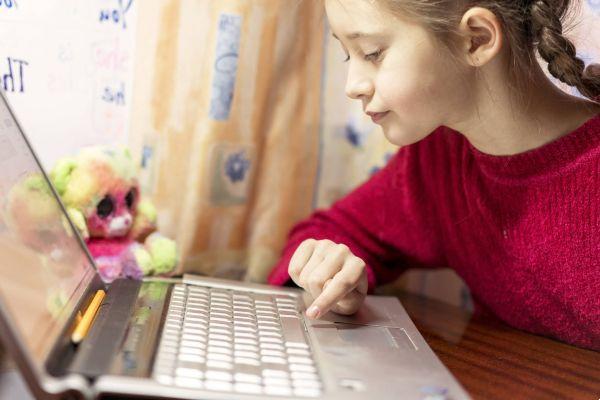When we talk about unschooling, numerous factors can be exposed. The contemporary educational system is visibly flawed, as it does not understand or support the complexities of teaching and learning in Basic Education. The children, adolescents and young people of this century are linked to a digital age that, for them, is promising and, personally, relevant, since these "modern times" they guarantee the inclusion of all multiple intelligences and the valorization of the various capacities, since, within the field of the internet, the independence of the user is the protagonist.
Is it anyone's duty to talk about withdrawing students from school to be educated at home?
The challenges of schooling children and adolescents urge several decisions on the part of parents. The existence of affirmative choices of exodus from traditional educational establishments to education at home, without standards and outside the National Common Curricular Base, makes education specialists have an obligation in the elaboration of strategies and resources that dignify and do not harm students, when the process of unschooling begins.

Can internet tools, such as Google resources, help in the unschooling process?
Google tools can be very important tools in reducing injuries caused by children and adolescents leaving schools in this decade, as there is the possibility of combining easy internet access with the versatility and functionality of Google tools. With the use of Google tools, such as language teaching, online classroom, research in its vast network of information, standardization and scheduling of activities through the calendar, we will be able to contribute significantly to the learning processes outside the classroom, since this premise exists and deserves attention.
But we still have a lack of knowledge about Google tools and the internet, in general, which is still a barrier in the development of new proposals, especially digital ones, for learning. In this sense, few know the vast folder of official Google resources, even with a generalized discourse of technological or modern education, within digital media. This information allows us to understand where people's difficulties in understanding the technological resources available for use in education are.
Google has a vast network of information and sufficient tools for the integration of the individual, alone or together with friends, colleagues and family. We can see that Google has these fundamental resources that they value and that bring knowledge of the nine intelligences highlighted by Howard Gardner. In that regard, your tools can assist in the initial process of unschooling, aiming at the programmatic educational role that technology can have from its tools.

Why are there still so many barriers to unschooling?
Based on – independent – bibliographic and field research, we can see that the barrier about unschooling or the slight idea on the subject is not linked, exactly, to concern for the socialization of the individual, since the issue of unschooling alone guarantees parents' choices of learning methods. The pre-judgment of this social function is linked to the social pressure that is made for young people to enter universities or study traditional and consigned courses based on stereotypes of growth and success. Tests to measure knowledge and intelligence, such as the ENEM and similar entrance exams, ensure the maintenance of this social pressure on adolescents and young people who are in the process of entering higher education establishments.
We can also analyze that the factors of unschooling and their discussions in public schools are more difficult, since education interferes with the complexities of social inequality. The individual who stays in school coming from a lower middle class or lower class family is generally seen as a hopeful way out in the fight against social inequalities., which is why many parents share the idea that those who have the chance to withdraw their children from school are those who have the money and time to invest in their children's daily activities.
Without affirmative action or discussions on the subject for unschooled young people, our country will end up promoting numerous inequalities in education and opportunities, starting with the National High School Exam, university entrance exams and national and international summer programs.
You might also like:
- The classroom of the new philosophy teacher: social networks
- The adventure of learning and the conditions for a good learning
- The results of educating today and harvesting professionals tomorrow

To conclude, the contents of the vast network of information on the internet can be fundamental for the teaching process of unschooled children and adolescents, because, often, the waiting time for new models of education or a method that values the individual is spent and Late. In that regard, we need to find in digital tools instruments of educational balance and appreciation of multiple intelligences. Finally, we must highlight the lack of knowledge of parents and students, CLT workers and teachers about the vast educational tools of the internet. Such ignorance reaffirms traditional teaching ideas that plague our educational system, promoting a metallic education that does not take care of the multiple talents of our students.
Necessarily, in communion with the reality in which our country finds itself, the discussion of topics like this comes in response to our desires, to alleviate the social problem of inequality in education and opportunities that exists in our country and that, sometimes, it is camouflaged by measuring indices of public and private education, which not only require the measurement and verification of students, but also promote a myriad of consequences for the future of education in our country.

























